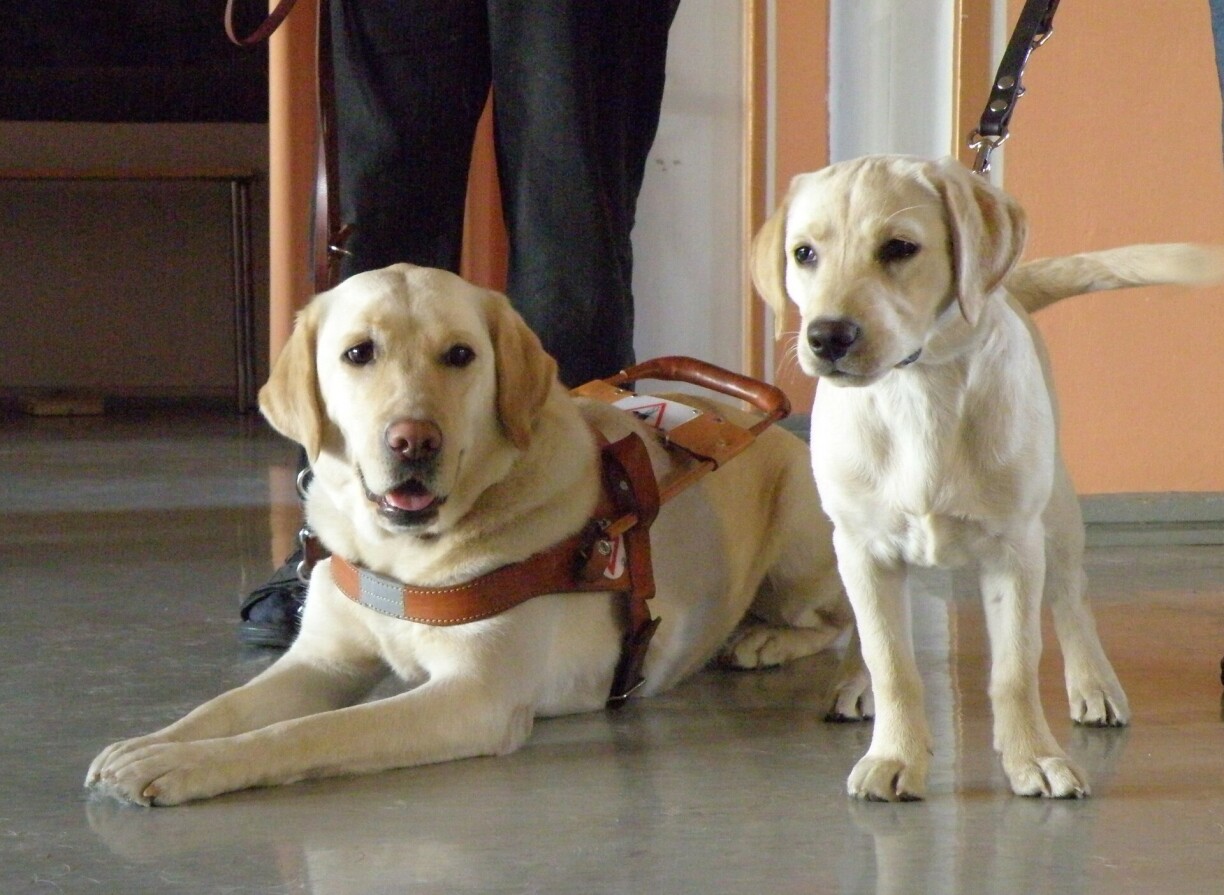
Roughly 1 in 8 of the population live with a disability, and support is available for many, depending on your specific circumstances.
Part 1: Work and employment support for people with disabilities
Part 3: Accessibility and mobility
A special allowance is available for the parents of children who are already in receipt of family benefits, providing that a child has one or more conditions resulting in permanent impairment or the loss of at least 50% of their physical or mental capacity.
The allowance, known as the supplementary allowance for children with a disability, is available until they turn 18, although this can be extended up to the age of 25 if they still meet the eligibility for family benefit (broadly that they are still in a full-time educational or training facility).
The allowance is currently set at 200 euros per month.
You apply direct to the Children’s Future Fund (CAE), via post or online, with a recent detailed medical certificate and the requisite form.
Long-term care insurance can cover the costs of support for basic day-to-day tasks, home care, activities to support an independent life and support from care facilities. Support is also available for home adaptations and equipment.
If you are registered for health insurance, then you and your co-insured family members are eligible for long-term care insurance if recognised as dependent due to physical, mental, psychological or other illness that makes you reliant on others. If registered with voluntary insurance, you must have been with your current fund for at least one year.
You are also eligible for support if you have specific conditions, including hearing loss, eyesight decline and symptomatic spina bifida.
For the purposes of accessing support, long-term care is defined as at least three and a half hours of care assistance needed per week for a minimum of six months.
Benefits can include: benefits in kind, such as care support; cash benefits, which can be used to pay an informal caregiver; a lump sum for incontinence products; provision of assistive technologies such as wheelchairs or an adapted bed; home adaptations; pension contributions for the caregiver.
You apply for coverage via post to the National Health Fund (CNS). The application must include an R20 medical form provided by your GP, and the relevant form which is available here.

If hiring a home carer directly, you must treat them as an employee and follow the simplified rules for staff management, tax and social security contributions.
Specific rules apply for assistive technologies, which must be approved by the insurance assessor as part of your application. Coverage is up to 28,000 euros per technology, which will be rented or bought by the insurer and provided to you free of charge.
Adaptations can also be made to your vehicle, in which case you must notify the Medical Commission of the Department of Mobility and Transport as the adaptations will be mentioned on your license.
Grants for guide dogs for the visually impaired are also available - go here for details.
If you are adapting a house to make it more accessible (or building one from scratch), and the dwelling in question is your main residence, then you can seek partial VAT reimbursement for certain works.
Eligible work includes construction of ramps, installation of lifts, and adaptation of structural elements such as doors and partitions.
The benefit is available up to 50,000 euros. More details on eligibility and how to apply here.
People with a motor disability that results in a permanent deficiency or impairment preventing them from carrying out daily tasks can apply for a subsidy to adapt their home to their needs.
The subsidy can cover up to 60% of the cost of the work and a maximum of 15,000 euros.
Adaptations that are covered include creation of access-ways, enlargement of doors, installation of lifts, fitting of special equipment in the kitchen and bathrooms, and adaptations to electrical switches and plug sockets.
The application is made via post or online to the Housing Aid Service before the commencement of works. The form and further details are available here.
If you live or work in Luxembourg and have a disability that makes walking or standing difficult, you can apply for a priority and/or disability card by post to the Disability Card Service, details and form available here.
Priority card holders have a right to priority passage and service on public transport, and a guaranteed seat.
If you are issued with a Disability Card type ‘B’ or ‘C’, which relates to your assessed degree of disability, you are also totally exempt from road tax. This can apply to your vehicle or the vehicle of a household carer. An application can be made by post to the Environment Agency, or online via MyGuichet. Details here.
We would like to hear your experiences of accessing support in Luxembourg. Get in touch via audience@rtltoday.lu.
Inclusive Luxembourg (part 1): Work and employment support for people with disabilities